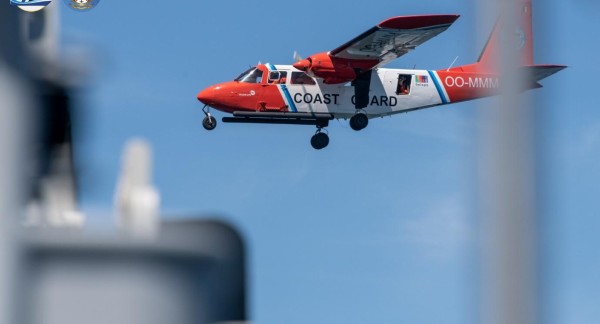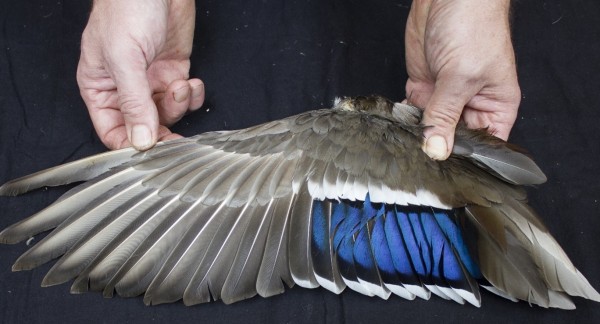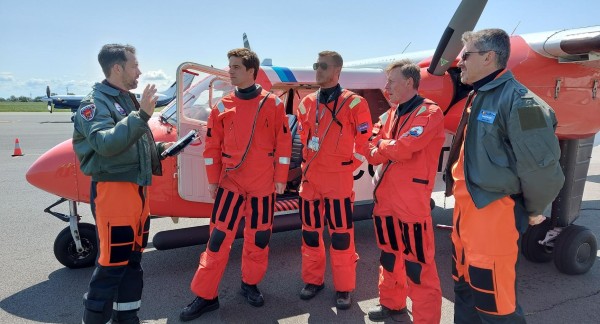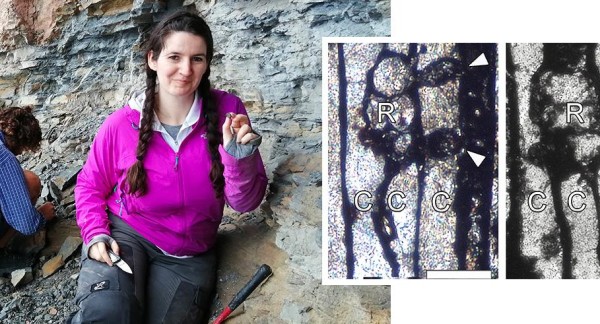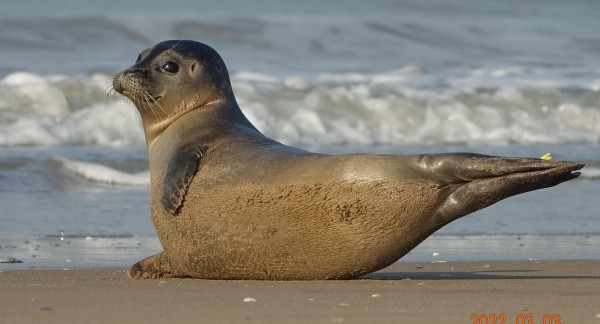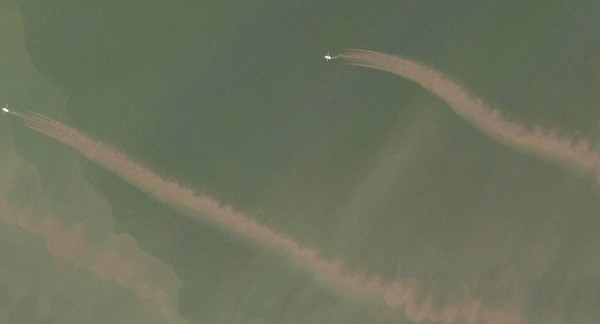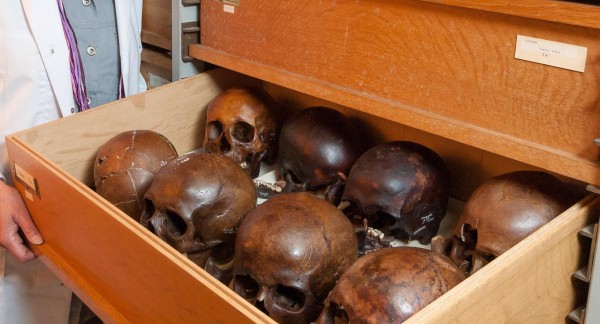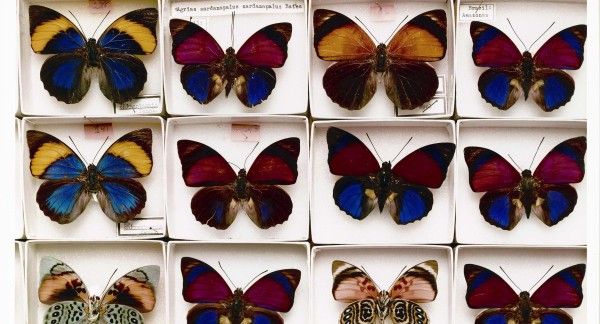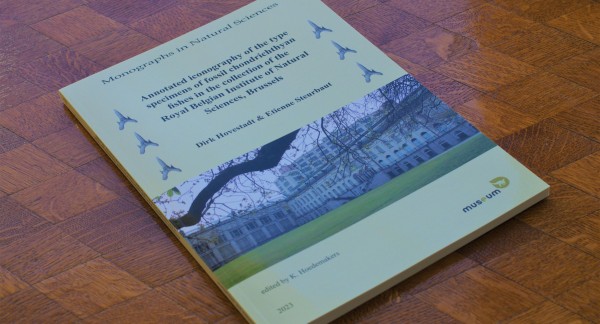News
North Sea aerial surveillance in 2022
16/06/2023
Bones from 31,000 years ago indicate ancient exploitation of duck wings
05/06/2023
30 years of Belgian North Sea aerial surveillance
22/05/2023
A fossil provides oldest evidence of plant self-defence in wood
17/05/2023
Marine mammals in Belgium in 2022
11/05/2023
Effect of bottom trawling on carbon emissions from seabed overestimated
10/05/2023
Two victims of Bois du Cazier mine fire identified
25/04/2023
August 8 1956, 262 miners lost their lives in the Bois du Cazier mine fire in Marcinelle (Charleroi).
HOME research project recommends repatriation of historical human remains from former Belgian colonies
28/03/2023
Worldwide collections database maps 1 billion objects
24/03/2023
A new database maps the total collections from 73 of the world’s largest natural history museums and herbaria in 28 countries, revealing a total collection of more than 1.1 billion objects.
Monograph provides overview of fossil cartilaginous fishes in our collection
23/03/2023
Two experts have published a richly illustrated reference work of fossil chondrichthyans, cartilaginous fishes including sharks, in the collections of the Institute of Natural Sciences.
